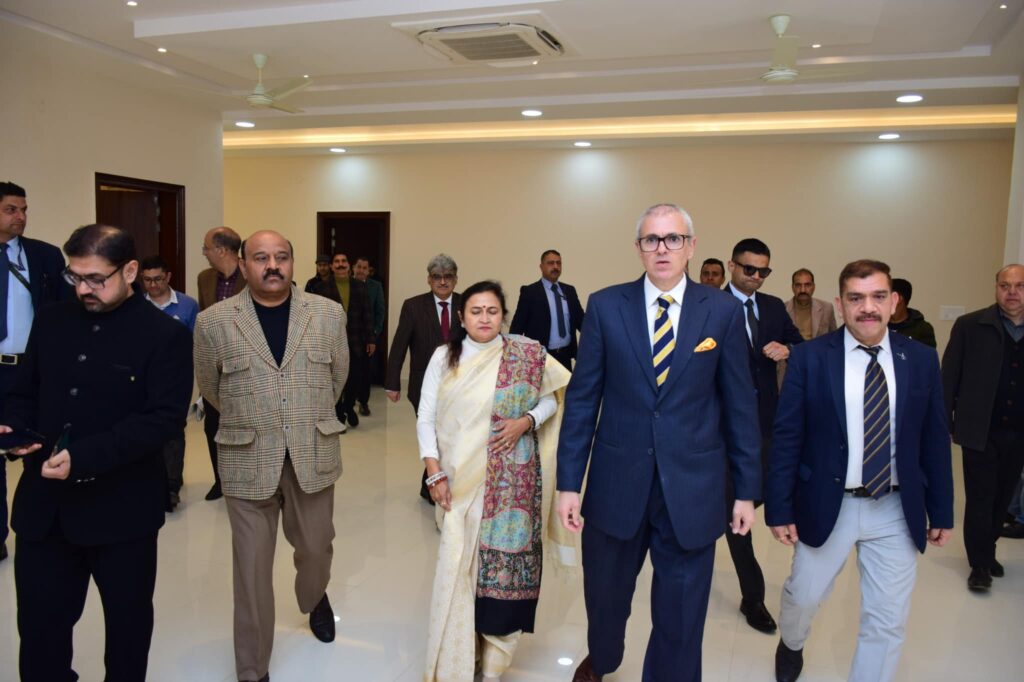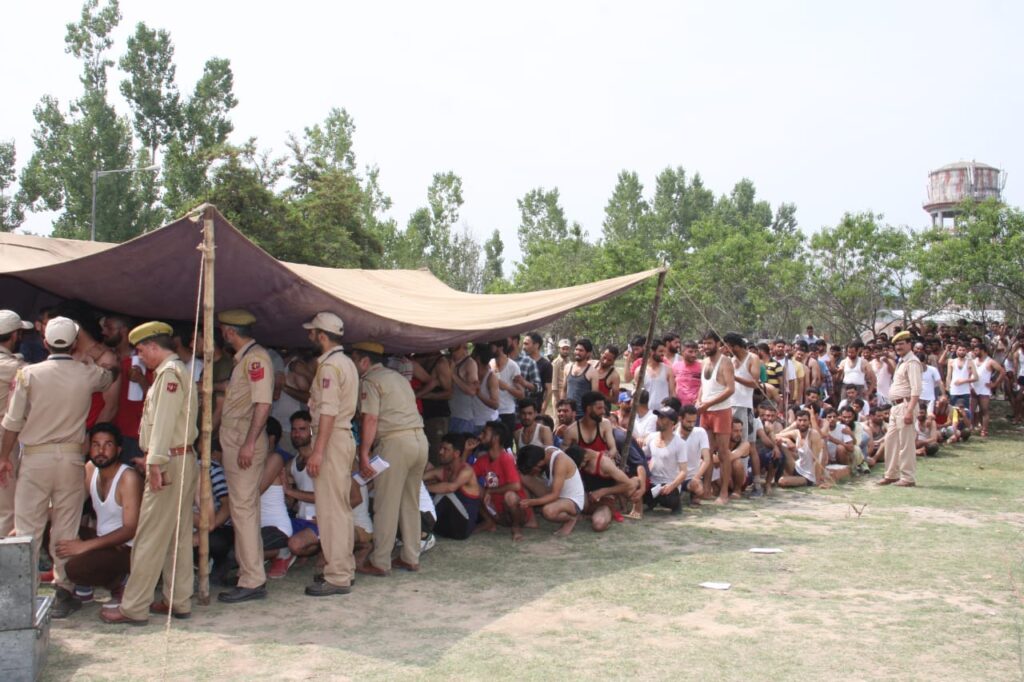
The News Craving
Srinagar:
Jammu and Kashmir Chief Minister Omar Abdullah has voiced concerns over the abrupt transfer of Anti-Corruption Bureau (ACB) officers investigating corruption allegations tied to the Srinagar Smart City project.
Speaking at a function in Jammu, Abdullah, as reported by Kashmir News Trust (KNT), criticized the move, arguing that such actions undermine transparency and accountability. “These transfers should not have happened,” he said, while clarifying that the ACB does not fall under him. “Had it been within my control, these transfers might not have occurred,” he added.
The ACB investigation had reportedly made substantial progress, with two officers booked and a preliminary report exposing questionable transactions and irregularities.
On Uniform Civil Code and Waqf Amendment Bill
Abdullah also weighed in on the Uniform Civil Code (UCC) in Uttarakhand and the proposed Waqf (Amendment) Bill. Speaking to reporters, he emphasized that both matters will ultimately be decided in Parliament.
On the Waqf Bill, he clarified that it remains under review by a parliamentary committee and no new legislation has been enacted yet.
Hope for Statehood Restoration
Abdullah reiterated his commitment to restoring Jammu and Kashmir’s statehood, recalling assurances from the Prime Minister. “The current Union Territory status is temporary. I am confident statehood will be restored,” he stated.
He acknowledged the differences between governance as a state and as a Union Territory, highlighting financial challenges under the UT model. “Previously, 90% of our funding came as grants and 10% as loans. Now, we rely entirely on loans, which is unsustainable,” he explained.
Challenges and Achievements
Abdullah also highlighted economic difficulties, including limited private sector investment and rising unemployment. He advocated for transparent recruitment processes and creating a favorable environment to attract investors.
On social issues, he addressed concerns over drug addiction, emphasizing the need for preventive measures like improving sports facilities for youth. He further outlined plans to provide free electricity to the underprivileged, contingent on reducing systemic losses.
When asked about public demonstrations for statehood restoration, he said, “If such a programme is planned, people will be informed.”
Despite the constraints of the UT framework, Abdullah expressed optimism, stating, “No government is permanent. A change in New Delhi could reignite the dialogue for restoring our rights.”




